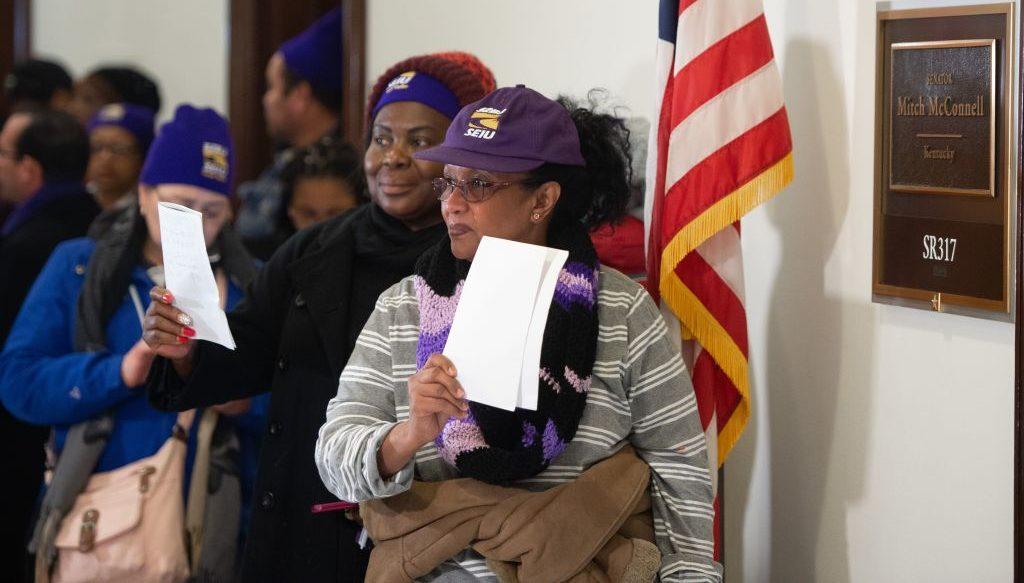WASHINGTON—Furloughed federal workers missed their second paycheck Jan. 25, bearing the biggest burden in the partial government shutdown that entered its 35th day, as Democrats and Republicans remain at loggerheads over providing funding for a wall on the southwest border.
Over the past week, the House rejected two Republican attempts to pay federal workers affected by the shutdown. The House voted against a Republican measure Jan. 17 that called for the issuance of a paycheck to federal workers who are furloughed or working without pay. The motion failed by 222-195 vote, with six Democrats supporting the Republican measure.





